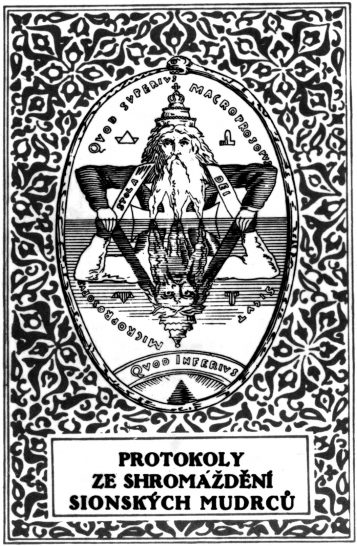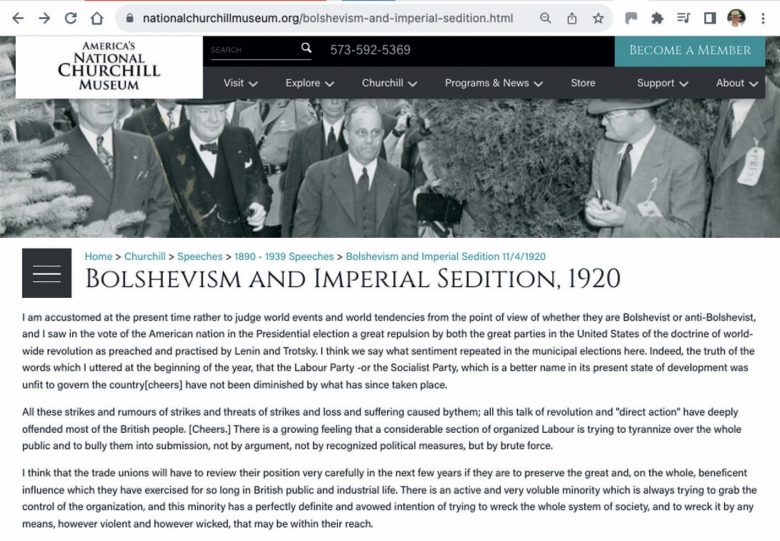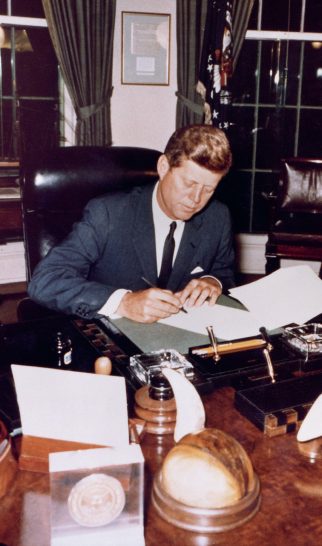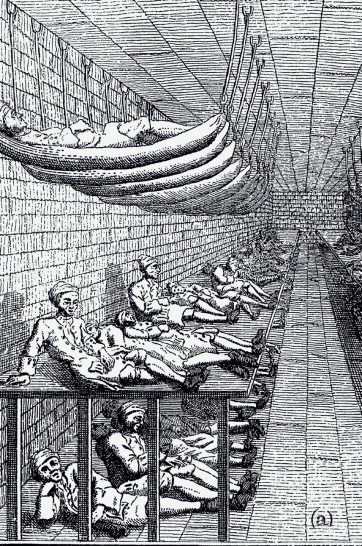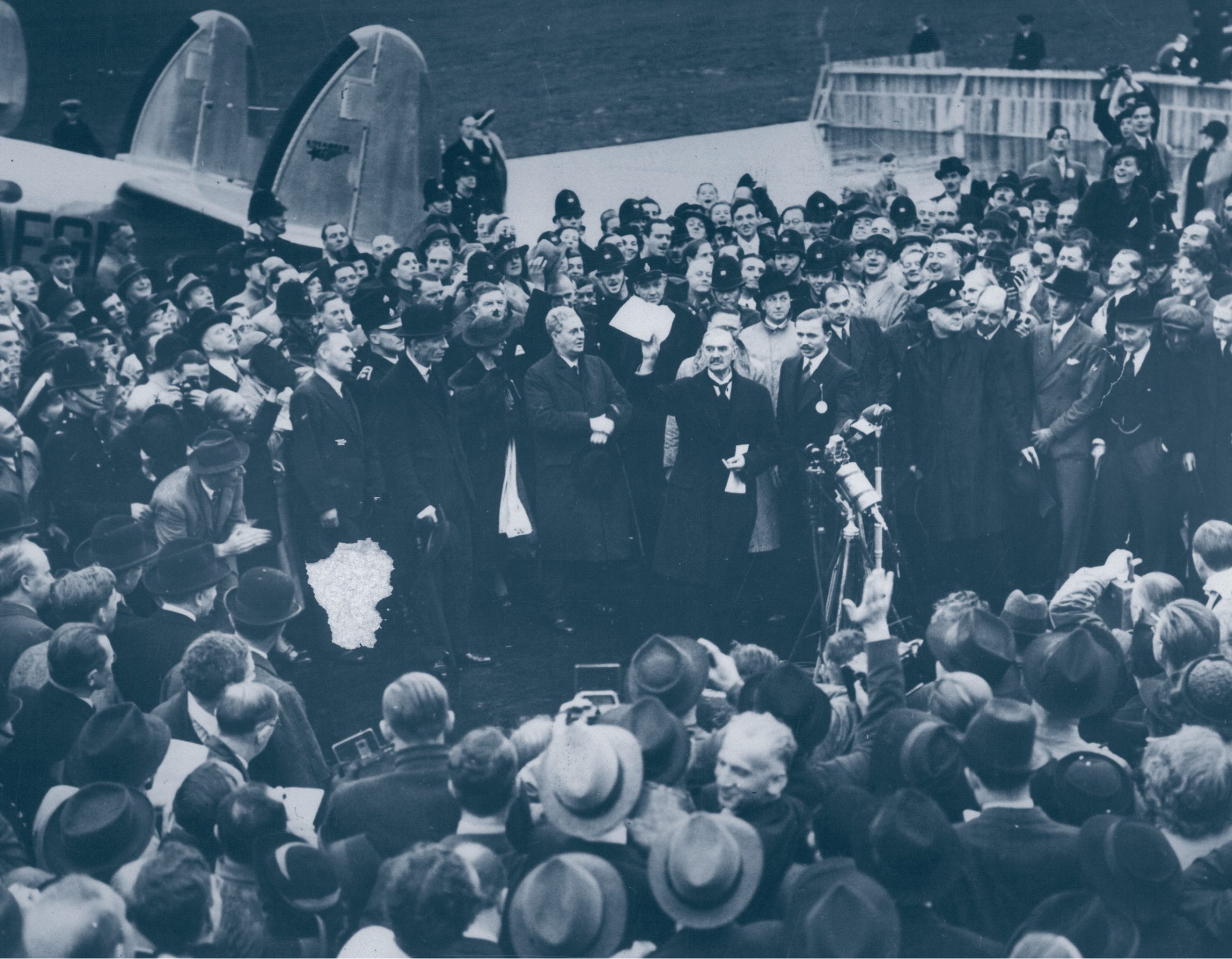
Between 1933 and the outbreak of the Second World War Britain followed a policy of appeasing Hitler as he broke the terms of the Treaty of Versailles one by one and pursued an aggressive foreign policy. For most of the 1930s there was little debate in Britain over this policy; critics like Winston Churchill were regarded as dangerous warmongers.
In order to answer questions relating to whether the policy of appeasement was justified, it is necessary to do more than just recall the arguments for and against appeasement. You need to be able to consider the policy in the wider context of the 1930s too.
Your organisation does not have access to this article.
Sign up today to give your students the edge they need to achieve their best grades with subject expertise
Subscribe

